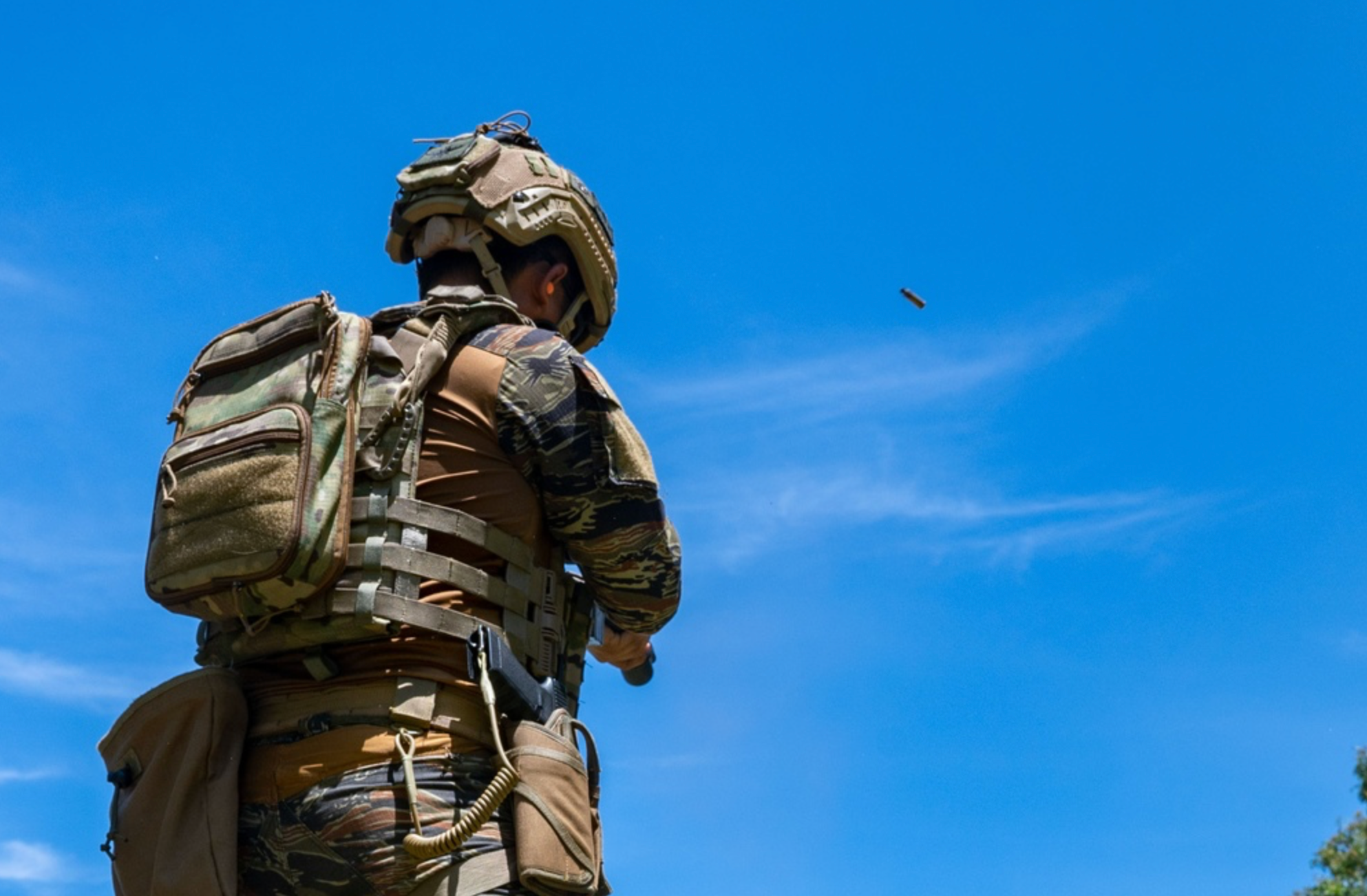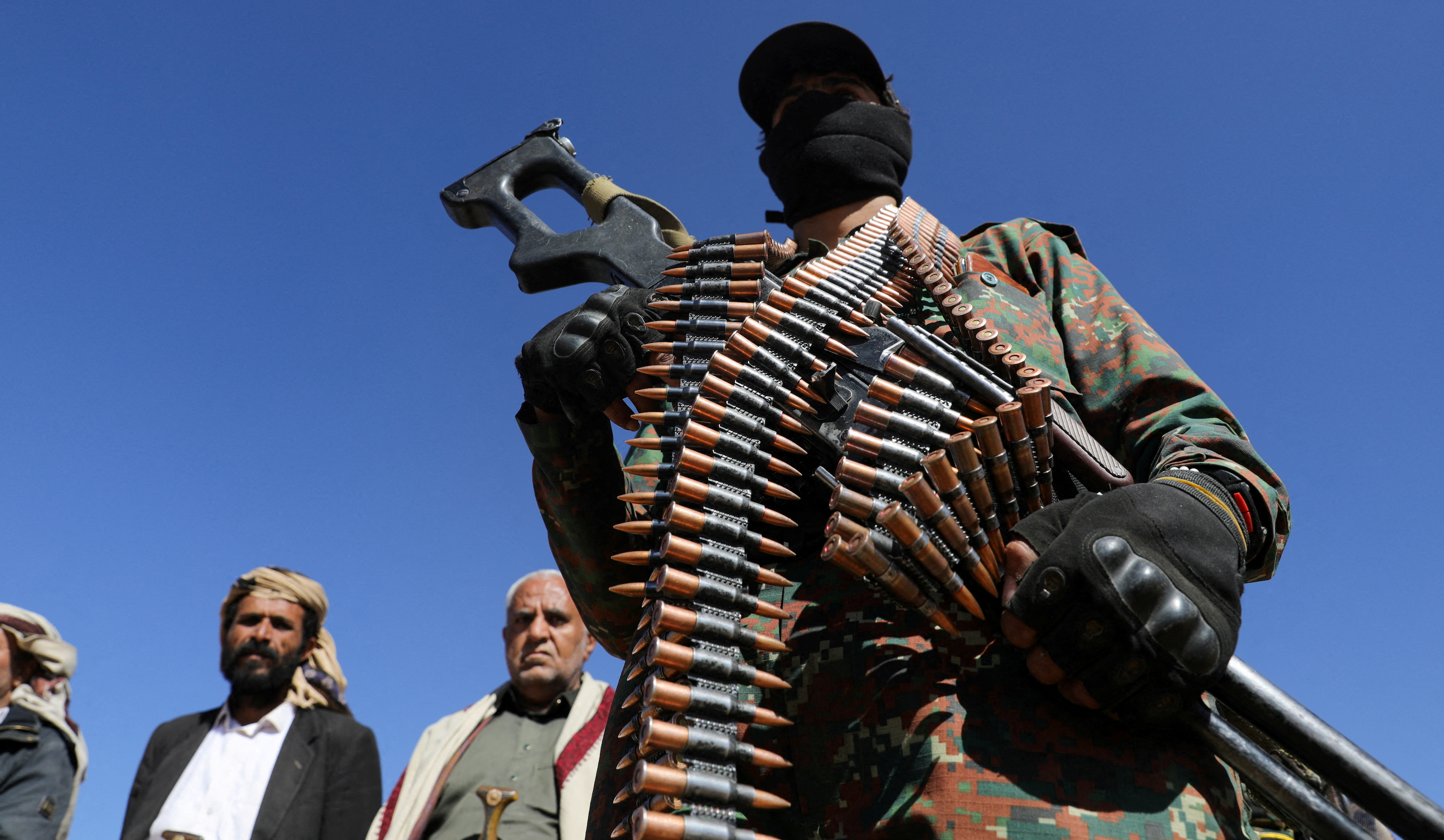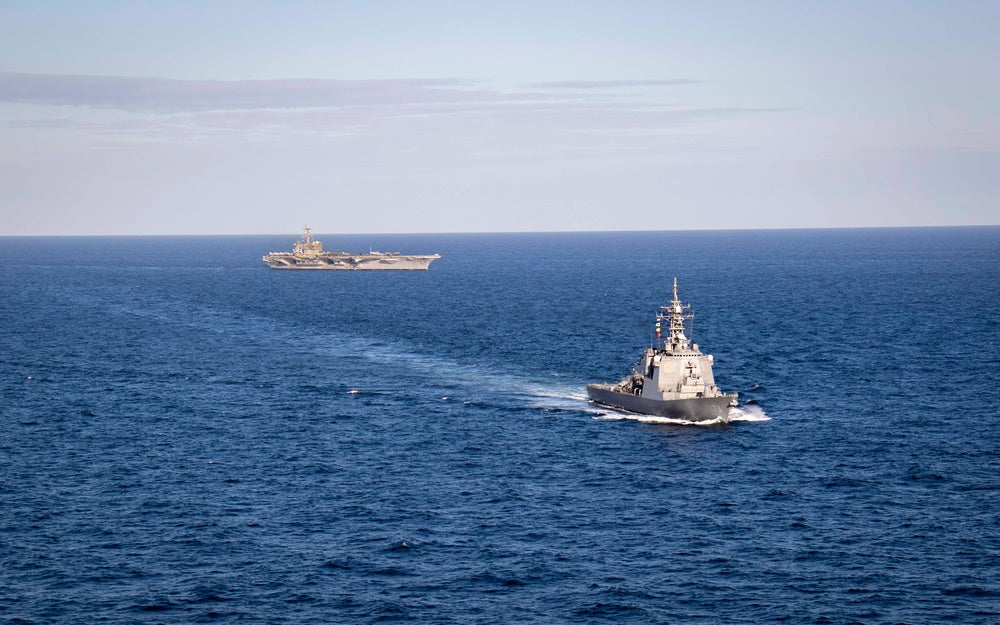
Philippines, Canada sign agreement on defense cooperation
PHOTO CAPTION: Representational photo — A Philippine sailor assigned to a Naval Special Operations unit participates in live fire weapons training with U.S. Naval Special Warfare operators at Wallace Air Station in San Fernando, Philippines, August 17, 2023. (U.S. Navy Photo by Mass Communication Specialist 1st Class Daniel Gaither via U.S. Defense Visual Information Distribution Service)
MANILA (Reuters) - The Philippines and Canada signed a memorandum of understanding on defence cooperation on Friday, a move which Manila's defence minister said could later lead to a troop pact between the two countries.
"I'm glad to hear that there is a strong intention on both sides to deepen and strengthen the relationships by forging new milestones in our defence relations to culminate, perhaps, with the Visiting Forces Agreement," Defense Secretary Gilberto Teodoro said in a statement.
Teodoro didn't say what form or shape a possible VFA with Canada will take, but an existing VFA that the Philippines has with the United States allows the rotation of thousands of American troops in and out of the Philippines for war drills and exercises.
The memorandum, the defence ministry said, would jumpstart cooperation between the defence and military establishments of both countries on military education, training exchanges, information sharing, peacekeeping operations and disaster response.
"The strongest assets we have are the mutual trust and confidence that we have in one another...and because we are dealing with each other in a straightforward, open, and on a rules-based manner, such trust is reinforced and will surpass political changes and the tests of time," Teodoro added.
Canada has supported the Philippines in the face of China's increased assertiveness in the South China Sea, backing a 2016 ruling by the Permanent Court of Arbitration that said China's South China Sea claims had no legal basis. China rejects that finding.
The signing of the memorandum followed the signing in October of an arrangement between the Philippines and Canada for the use of Ottawa's Dark Vessel Detection (DVD) system to combat illegal, unreported and unregulated fishing by vessels that have switched off their location transmitters to evade detection.
The DVD system will also enhance the Philippines' maritime domain awareness over its territorial waters and exclusive economic zones, where it has had a series of maritime confrontations with China.
(Reporting by Neil Jerome Morales and Karen Lema; Editing by Raju Gopalakrishnan)









